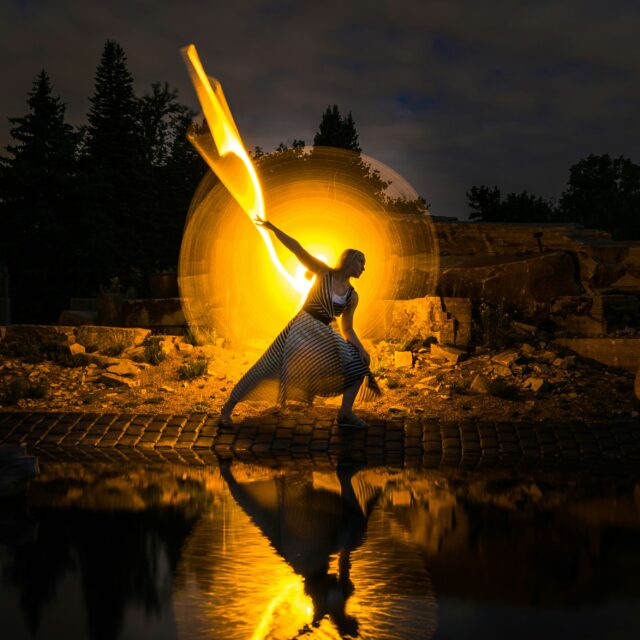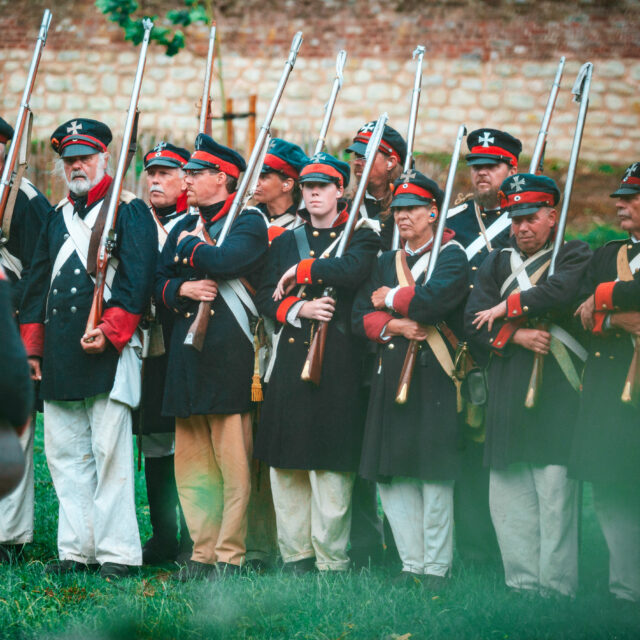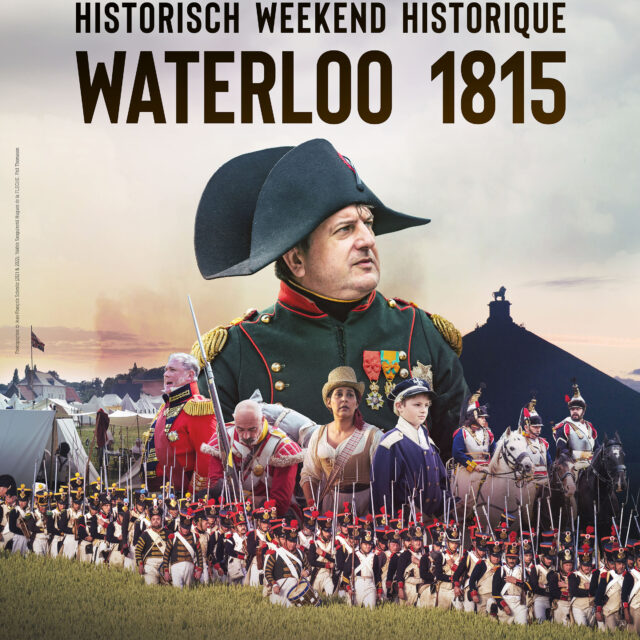It was the year forever made famous by a book and the year of Band Aid, when Margaret Thatcher was at the peak of her powers and the miner’s strike in the UK.
But 1984 was also the year when former colleagues at a UK weekly newspaper went their different ways, assuming they’d never see each other again.
But they have just bridged a 40-year gap in their lives by reuniting for a get together, the first time many of them had seen (or heard from) one another since the mid-1980s.
Eight colleagues from the Salford City Reporter in Greater Manchester took a nostalgic trip down “Memory Lane” when they gathered at a Manchester pub.
For at least one, Martin Banks, the four-decade time lapse was starkly illustrated when, upon entering the pub he walked directly past both his former editor (Tony Jackson) and colleague (John Turner) who were stood nearby without even recognising them.
“At first, I thought I was the only one of us there,” said Banks, “and it was only when I doubled back and again walked past Tony and John that I recognised them and suddenly twigged who they were.That’s what the passage of time does, I guess.”
The idea for the get together was, in fact, born out of a similar, short meeting Banks had arranged in 2024 with Sue Chalmers, a former deputy editor at the paper.
“Me and Sue hadn’t seen each other since I left the paper way back in 1984 and we mused on the possibility of getting us all together again though, at the time, the sheer passage of time meant that that seemed a very long shot to say the least,” added Banks.
Back in the 1980s, the Reporter hacks worked on lumbering old typewriters and the age of the Internet,let alone social media, was yet to dawn.
However, it was the sometimes derided “information super highway” and the likes of FB and LinkedIn that, albeit slightly tortuously, enabled the old workmates, now well into their 60s and older, to trace each other and, one by one, make contact with each other.
They included Trevor Baxter who, being rather more tech-savvy than Banks, joined the task of tracking down the ex-Reporter hacks.
Some had, in fact, stayed in touch, albeit quite fleetingly, over the years but for most (like Banks) the reunion was, remarkably, their first for about 40 years.
Unfortunately, some (like Helen Lord, Graham Moore and Davina Reynolds) proved simply impossible to trace despite a fair bit of old fashioned journalistic “digging” by Baxter et al.
Even so, when eight of the paper’s former journalists finally got together it really was akin to opening up a long-buried time capsule.
Those who did attend the “bash” were John Turner, one of the longer-serving reporters at the paper. He joined in 1977 and stayed until 1983, re-joining briefly in 1985 as sports editor. John is now retired and lives in Blackpool.
Baxter left the paper in 1984 and was formerly athletics correspondent at the Manchester Evening News. He is semi-retired and lives in Saddleworth in the north of England.
They were joined by David Lea, who replaced Banks at the paper in the mid-1980s and went on to work for the nationals, and Howard Wheatcroft, who, after leaving the Reporter Group, later became sports editor at the Daily Express in London.
Also present was Tom Knight, who later enjoyed a long stint as athletics correspondent at the Telegraph, Sue Chalmers, who later went to work as publicity manager at the University of Salford.
The paper’s editor at the time, Tony Jackson, delighted all of his former team by joining them at the reunion.
Some had travelled a distance for the catch up: Tom now lives in the Cotswolds, Howard has resided for many years in London and Turner lives in Blackpool.
It was a wonderful opportunity, the first most had had in decades, to catch up on old times and swap stories and often amusing (and occasionally embarrassing) anecdotes from what was something of a bygone era for local journalism when local paper sales could be counted in their tens of thousands and even a humble weekly like the Reporter enjoyed relatively healthy readership sales.
A wonderful evening of banter and bonhomie (and a few beers) included tales of how what was a small team of reporters used to hold impromptu games of indoor cricket in the office, using rolled up bits of newspaper (not the Reporter, of course) and the broken leg from one of their chairs (what are the chances of that in library-like newsrooms today?) while Tony and Sue occupied themselves while patiently awaiting copy in their adjacent office.
Tony, now in his 80s and living in Stockport, even revealed that he’d had an old style food hatch carved out on the wall between the “newsroom” and his office “so as to make it easier for everyone” to deliver copy.
The said copy was churned out on the aforementioned typewriters and largely consisted, though not exclusively, of the Three C’s (crime, council and courts), the mainstay back then of any weekly reporter’s daily ritual.
There were stories of fun office outings, not only regular ones to the local pub (where, as every old hack knows, the best stories are often found) but to places like the Lake District and Blackpool.
Fortunately, the memories of some (notably Trevor) are still sufficiently healthy to vividly draw on such happy times while for others such events had, sadly, long been consigned to a cerebral black hole.
Apart from treasured memories of what Turner calls “the happiest days of my working life”, most of the gang have kept hold of some highly treasured old photos, albeit yellowing, of the years they spent together at The Reporter. After viewing one emailed to him, Turner joked: “We all looked like boy band members back then.”
John, who was later based for many years in Preston with the Daily Star said, “I often think about the old days in Salford… and wonder what happened to everybody.”
The Reporter, based at the time on Liverpool Street, Salford, was one of the oldest established papers in England with a proud history dating to the 1870s. Arguably the man most associated with the paper was its former long-serving and much-honoured (and loved) editor, Tom Bergin, whose office was curiously located in the attic accessed by a rather steep set of stairs. In 1983, 71-year-old Tom went off to enjoy a well-earned retirement in Worsley after covering the fortunes of the paper for no less than 50 years.
The paper itself sadly folded early in 1987 when The Advertiser Group took over. A tearful farewell au revoir was held at Swinton Rugby Club and everyone went their different ways, including two, Davina Reynolds and Helen Lord, to Australia. Helen, after returning to the UK, went on to work for the BBC when it was based in Oxford Road, Manchester.
The area may have drastically changed (the old office is now sadly long gone and is now a bland block of social housing flats), along with journalism itself, of course, but what cannot change is the affection and bond that knits together former colleagues like these, now all well into their 60s and 70s.
Looking back on the reunion, Dave, a former Daily Mirror assistant chief sub who worked at the City Reporter from July 1984 to November 1985, says: “It was a fabulous evening full of reminiscing, laughter and not a small amount of alcohol (of course). It was lovely to discover what folk had been up to in the 40 years since we worked together. And also to meet for the first time those who preceded me at the Salford City Reporter, including Martin Banks who I replaced and had heard a lot about.”
Further fond reflection came from Sue, who said, “It was great to meet up with all the old gang and to hear of everyone’s success. All thanks to Martin and Trevor for tracking us down, without their social media know how I doubt I would ever have seen my former colleagues again. We will definitely be keeping in touch now.”
Tom, now in his 70s, noted, “You never quite know what to expect with reunions, especially ones with people you worked with more than 40 years ago and yet it quickly felt as if we were having a drink after work, back in 1982. It was lovely to see everyone again and recall how enthusiastic we were back then, how daft we were, how ambitious we were and how we encouraged each other to be good journalists – at a time when journalism and local papers like the Salford City Reporter mattered and could make a difference. It was a good night and I hope we’ll do it again. I really enjoyed seeing everyone.”
Further comment came from Howard who added, “It was an absolute joy to see everybody, some for the first time in nearly 40 years. Always good to give the old stories an airing, and even better to hear some new ones.
“Great to reminisce about an era that unfortunately has gone forever.”
Trevor noted, “Martin’s contact to arrange a reunion came out of the blue. A couple of the lads I had seen in the intervening years but with most others there had been no contact for 40 years. A germ of an idea quickly grew as people warmed to the idea. The eventual outcome was a lovely night of nostalgia; stories re-told that had cobwebs on them.
“We have vowed to do it again. But as we can’t wait another 40 years ex Reporter staff watch this space for a further reunion invitation.”
Indeed, all have agreed that the reunion should not be the last but, rather, inspire future such get-togethers, possibly involving those who could not be traced or were unable to make it this time.
”It was a very emotional evening,” says John, adding, “and I must admit I almost shed a tear when I saw so many of us back together again after all these years.”
He spoke for all when he added, “Hopefully we can turn it into an annual event and perhaps track down even more former colleagues for future reunions”.




